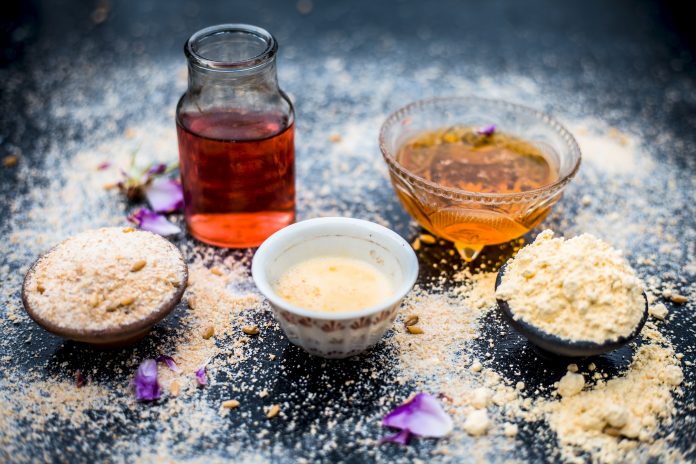
Eczema is a chronic skin disease that could happen to any one at any time. But it’s more prevalent among children than in adults. In actuality, it’s less of a problem in adulthood. It can occur if someone is subjected to chemical irritants or allergens. There’s a multitude of treatments available for psoriasis. Among all the remedies, however, eczema natural remedy is in fact appreciated by lots of men and women. There are numerous artificial medications available on the market for treating eczema. However, the remedies offered by eczema natural remedy has no minimum possible side-effects.
Herbal Treatment for Eczema
In practice, eczema natural remedy is favored over any artificial or chemical based remedies. When we are speaking about herbal therapy, no discussion appears to be complete with no discussion of neem.
Neem offers a wide selection of health benefits. Several clinical studies confirmed that both internal and external application of neem extracts may lead to relieving the symptoms of chronic eczema. With the blessing of its exclusive antibacterial, antifungal and blood purifying properties neem is useful in just about any kind of skin disorders and in maintaining a healthy skin.
Ayurvedic Treatment for Eczema
In Ayurveda, eczema is called ‘vicharchika’. Typically, eczema is of two kinds – acute and chronic. The most common type of psoriasis is obviously chronic. The significant symptoms of psoriasis include oozing, exfoliation and itching of skin area.
According to Ayurvedic study, it could result from disturbances of all doshas. The most crucial role is, nevertheless, played by upset pitta and infected blood condition. Both of both of these factors deteriorate the quality of skin and mamsa and lead to eczema. On the other hand, vata and kapha can take part in the pathogenesis to be able to produce different symptoms associated with eczema.
Each of these three doshas or humors can promote the development of special eczema condition. In the vata form, the skin area gets quite dry with a severe itching and pain. There’s a chance of oozing and symptoms such as fever and burning are very common in the event of pitta type. In kapha form, the skin becomes white and thicker than normal in addition to itching and flaking.
Ayurveda provides rich eczema natural remedy. There are numerous quantities of Indian aboriginal herbs especially beneficial for treating psoriasis. The widely used herbs for treating psoriasis are discussed below.
Ayurvedic Natural Treatment
- Alsi (Linum usitatissimum): This herb is usually called linseed. To get instant relief from skin irritation, the oil extracted from linseed has to be combined with lime juice and implemented on the inflamed skin region.
- Arka (Calotropics gigantica): It is usually called swallow wort or Dead Sea apple. The Arka juice blended with sesame oil and garlic can be applied externally on the affected skin area.
- Babul (Acacia arabica): In treating the psoriasis, babul powder is proven to be beneficial. To make the eczema natural remedy out of it, you need it to mix with powdered bark of mango tree. Then the mixture has to be boiled in water. The vapor coming from the boiled water is used to excite the affected area. Later ghee is used on the affected area after the stimulation session is finished.
- Mahua (Madhuca indica): The leaves of the herb are especially beneficial for treating psoriasis. First, you will need to make a paste out of Mahua leaves, and use it over the inflamed area. It provides immediate relief to itchy pains. However, the bandage has to be changed at least 8-10 times within one day.
- Palasha (Butea monosperma): It’s beneficial in treating dhobi’s itch. It’s a sort of allergic reaction that mainly occurs because of tight fabrics. For preparing the eczema natural remedy, the grounded seeds of Palasha are blended with lime juice and apply on the inflamed area.





